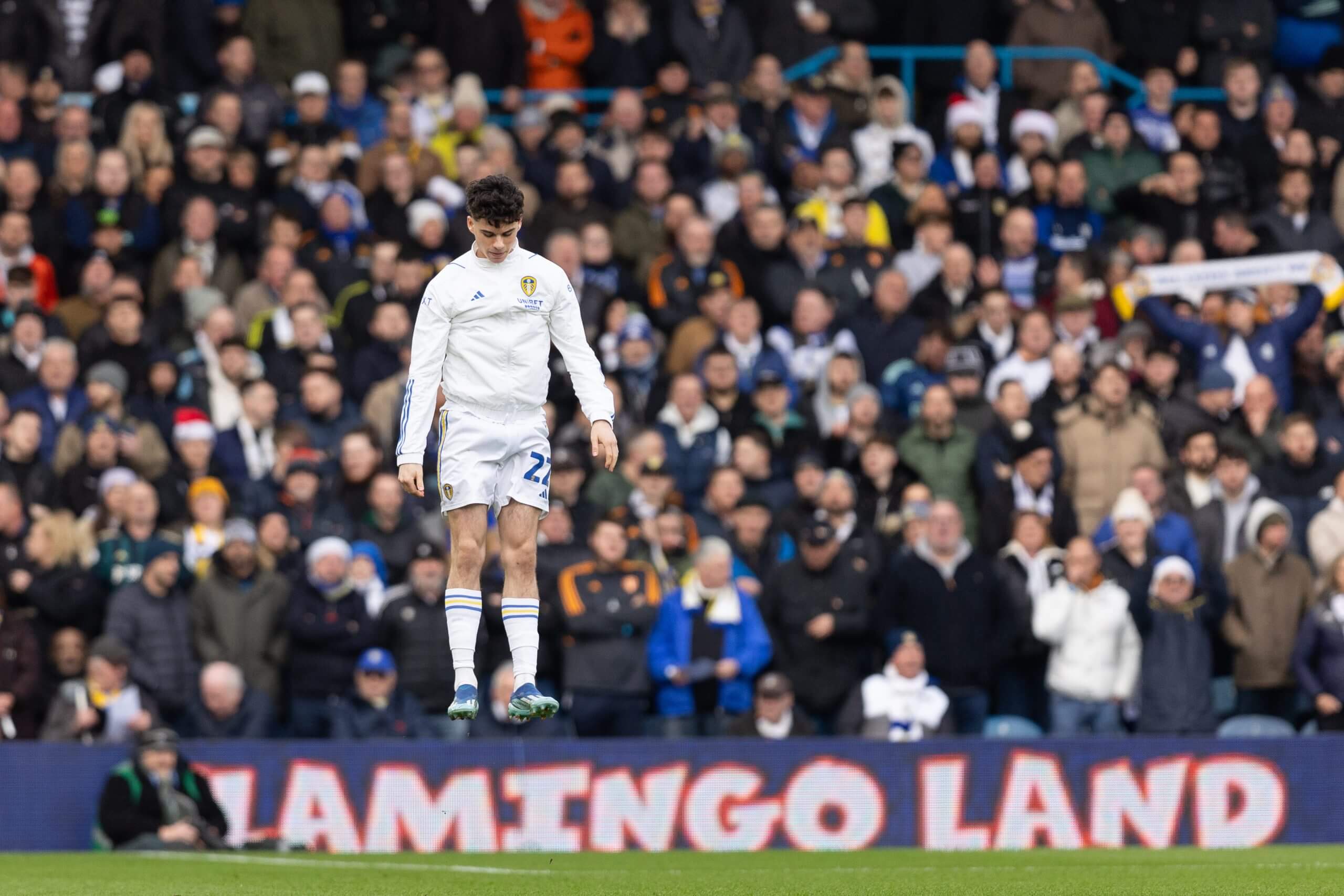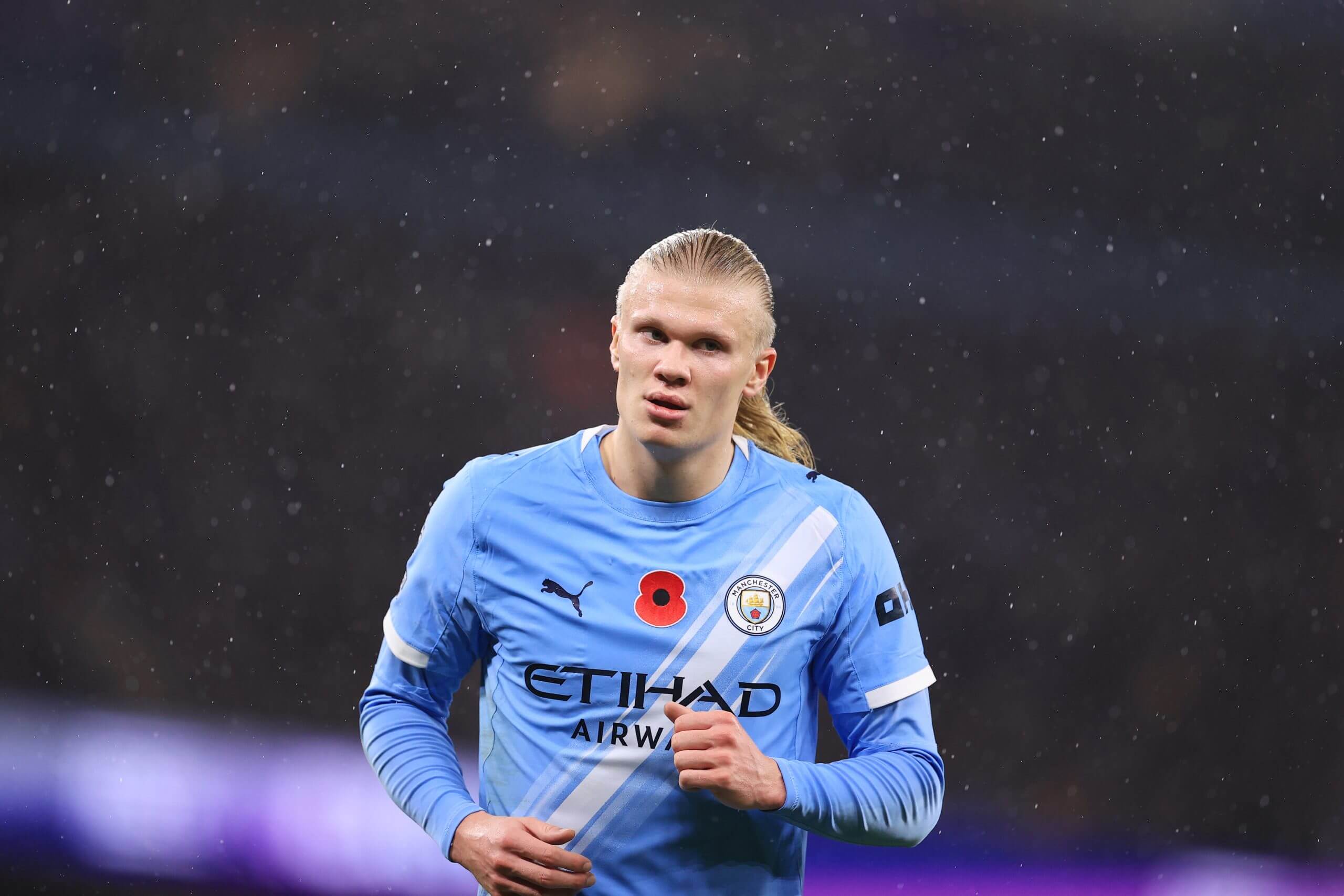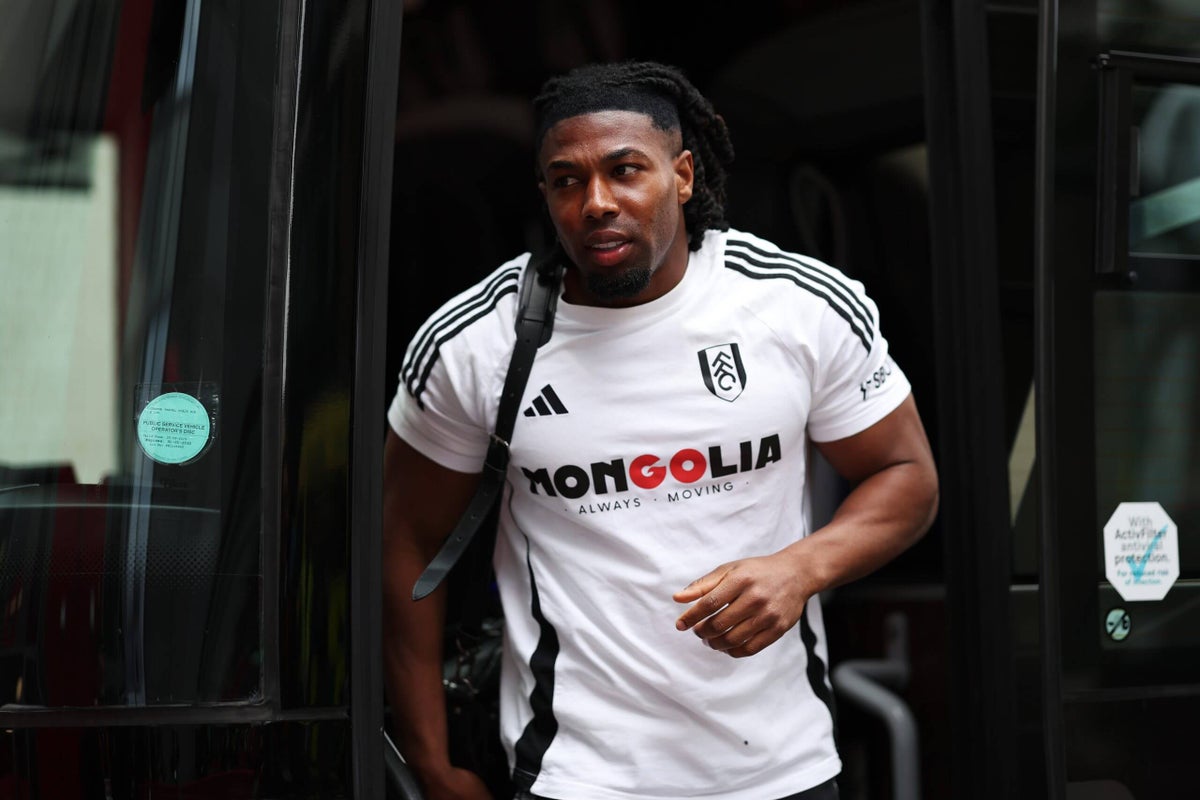What do Wolverhampton and Florida have in common?
They both have picturesque, glistening, sandy beaches? Nope, just one of them does. They’re both renowned around the world for their amusement parks, tropical climate and beautiful national parks? Yeah, no, definitely just one of them.
OK, how about they both have a branch of Greggs, the calorific pastry-based sausage roll specialists, which was once claimed to be the second busiest of its kind in the entire country, despite being situated in a hospital? Nope, again, just one of them.
What they actually have in common is a business arrangement. It exists between Wolverhampton Wanderers and Lauderdale and is one of many such arrangements between Premier League clubs and countries and/or holiday destinations.
It’s the kind of arrangement that has seen the country of Rwanda become somewhat bizarrely and also controversially synonymous with Arsenal. Or, to a lesser extent, Leeds United and Flamingo Land, AKA Yorkshire’s ultimate theme park attraction.

Flamingo Land and Leeds United have been linked in recent years (MI News/NurPhoto via Getty Images)
In Wolves’ case, the Lauderdale link began in 2024 when the team stayed in the area as part of a pre-season tour. The relationship was cemented when Visit Lauderdale, which is the tourism board for Greater Fort Lauderdale, was announced as the club’s ‘official destination partner’ for the 2024-25 season, which has now been extended into a second year.
Stacy Ritter, president and CEO of Visit Lauderdale, said this season: “We’re proud to continue this collaboration and look forward to welcoming even more Wolves supporters to experience the energy, culture, and beauty of our destination.”
How many Wolves supporters have actually visited Lauderdale in the past 15 months is unclear, but that’s not really the point. Relationships like these are all about visibility, advertising and money.
With the Premier League (as of 2024) broadcast in 189 countries and accessible in almost a billion homes worldwide, having your tourist destination’s name slapped on shirts or advertising boards during matches is almost priceless advertising (except for all the money it costs).
How do these partnerships come about? Well, it’s the job of a club’s commercial department to finalise deals, but most of the arrangements that do not have anything to do with the owners of said club (more of that shortly) are instigated through agencies. A tourist board such as Visit Maldives, for example, which recently entered into a multi-year partnership with Liverpool, would typically hire a sponsorship agency with a brief of the sort of club they are looking to partner with.
They may have quite a specific remit, limiting the budget and restricting which clubs they target, but maybe also geographical preference — ie, a club based in London.
Perhaps, as in Crystal Palace’s case, the club have also just qualified for Europe for the first time in a while and therefore become a more attractive global brand as a result. Lo and behold, in August, Palace linked up with SunExpress (a joint venture between Lufthansa and Turkish Airlines) as their official airline partner.
As part of the deal there will be some loose benefits to Palace fans, who can enter competitions to win flights to Turkey, match tickets or experiences (SunExpress also provides flights from nearby Gatwick airport) but mostly it’s about Palace getting a decent wad of cash and the SunExpress name being plastered over Selhurst Park at home matches and across the club’s social media channels.
Clubs also have associations with countries via their owners, such as Manchester City and the United Arab Emirates. UAE-based Etihad Airways sponsors the club and its name has been emblazoned on the team’s shirt since 2009, and the stadium was renamed the Etihad two years later.

Etihad Airways is a familiar presence on the front of Manchester City shirts (Simon Stacpoole/Offside/Offside via Getty Images)
Then there’s Newcastle United and the Public Investment Fund, which takes the club-country partnership to a slightly different level, with prominent Newcastle fans being paid to encourage people to head to Saudi Arabia to celebrate winning the Carabao Cup.
Newcastle have also had Saudi green on a number of their away kits in recent years, while the team have travelled to Riyadh for warm-weather camps and friendlies. Saudia Airlines is a club partner, Saudi events and hospitality firm Sela sponsors Newcastle’s shirts and the Saudi Arabia national team even played a friendly at St James’ Park a couple of years ago. We tell you what it definitely isn’t, though, and that’s sportswashing. No siree.
Links with airlines and Premier League clubs are now fairly common, such as Chelsea and Qatar Airways. Arsenal have been associated with Fly Emirates for almost 20 years, with the name first appearing on their shirts in 2006, the same year the Emirates Stadium opened.
Japan Airlines became Liverpool’s first airline sponsor in 2024 after agreeing a multi-million pound deal and Liverpool visited Japan in pre-season this year.
“Arriving in style and comfort, players and backroom staff will be flown to Asia by Japan Airlines, the club’s official airline partner,” the club said before the tour. Exactly.
As well as Newcastle and Saudi Arabia, Arsenal’s association with Rwanda is one of the most controversial partnerships that a Premier League club has entered into.
It began in 2018 when ‘Visit Rwanda’ began appearing on Arsenal shirt sleeves and continues to this day, with talks ongoing over extending the deal, which the club’s accounts for 2023-24 reported as being worth £10million ($13.4m).
Rwanda is led by President Paul Kagame of the Rwanda Patriotic Front (RPF) party. He is an Arsenal fan. The UK government suspended aid to Rwanda in February over its support for the M23 rebel group in the Democratic Republic of Congo.
Visit Rwanda also has a partnership with Atletico Madrid and Paris Saint-Germain, but less so with Bayern Munich, who reportedly scaled back a similar deal in the summer after opposition from fans.
Even — with the greatest of respect — unfashionable Premier League clubs have overseas partners.
As well as Wolves, Brighton & Hove Albion have a Florida-based sponsor in Experience Kissimmee, the tourism board of Osceola County.
Russell Wood, Brighton’s head of commercial, outlined to The Athletic this year why the city of Kissimmee wanted the deal.
“When you look at the global audience, Kissimmee are ultimately trying to drive (hotel) room nights — visitors who will stay to experience everything,” he said.
“The Premier League and Brighton give them a platform to advertise to people in key markets, who will travel from places such as Brazil, the UK and other parts of the United States. We are a big marketing asset for them.”
Fulham also have links with Florida, which stem from owner and Florida resident Shahid Khan, who also owns the NFL’s Jacksonville Jaguars. They are also partnered with Mongolia. Just Mongolia, apparently, not the Outer bit.
We’re not sure how aware the residents of Mongolia are of Josh King’s ball-carrying prowess, although this being the Premier League, they are probably very aware.
Fulham sent Mark Schwarzer there as a gift when the partnership was announced, and after they had stopped asking, ‘Sorry, who are you?’, the Mongolian locals took penalties at the former goalkeeper. The Premier League, ladies and gentlemen.
While you’ll see Hollywood plastered over Brentford’s shirts, they’re not attempting to steal Wrexham’s thunder — it’s merely the name of a betting company (Hollywood Bets) which is based in South Africa. Instead, Brentford’s link-up is also with Florida, specifically Tampa Bay.
And then there’s Detroit. Who could they be partnered with? Aston Villa, maybe? Everton? Nope, Burnley of course, and the impressive thing about their partnership is that it started when Burnley were still a Championship club.
How far, then, does English football’s popularity stretch? Could Coventry City be sponsored by the Paris tourist board? When will Bournemouth announce a partnership with the planet Saturn?
Well, as a barometer of just how far those tentacles already stretch, if you watch a Barrow match in League Two this season (and why wouldn’t you?), you’ll see the name of Newfoundland and Labrador, a Canadian province, on the team’s shirts.
Newfoundland and Labrador’s minister for immigration, population growth and skills, Gerry Byrne, said the deal allowed the area “to be showcased on a global stage”. Barrow. The world. One province at a time.
